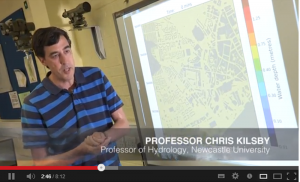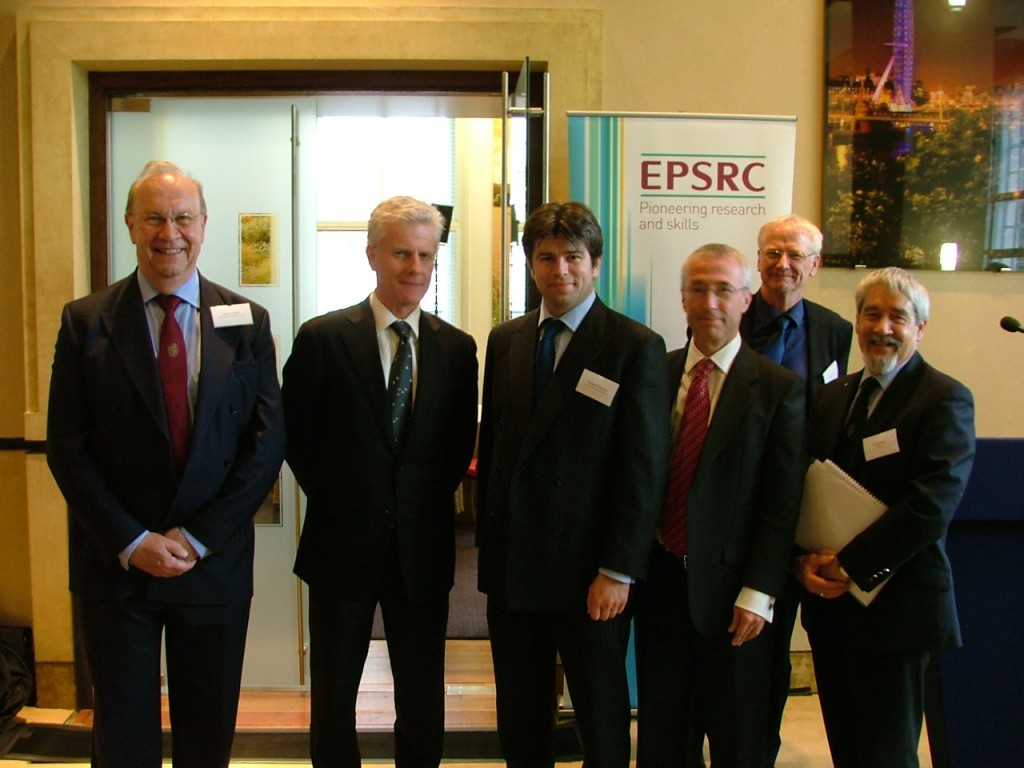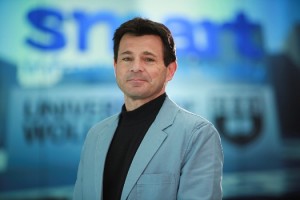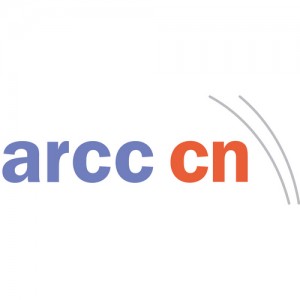You are invited to submit a presentation to a session on “Reconciling adaptation and mitigation in cities” to be held at the 2015 European Climate Change Adaptation Conference. Details of the session, and a link to the submission website, are below. This session which will focus on scientific advances in this topic is being organised by CESER director Richard Dawson (Newcastle University) and paired to a second session, led by ICLEI Europe which will provide an end-user oriented perspective.
We look forward to hearing from you, and please do circulate to interested colleagues.
http://www.ecca2015.eu/abstract-submission
Reconciling adaptation and mitigation in cities: Part I – The science basis: Recent methodological advances
Chair: Richard Dawson (Newcastle University, UK)
Co-chair: Alberto Trenzi, (ICLEI)
The urgent need to reconfigure our urban areas so that they consume fewer resources, emit less pollution (including GHGs), are more resilient to the impacts of climate change, and are more sustainable in general, is increasingly recognized.
As the global population consolidates, urban areas have become focal points for sustainability initiatives. However, there is increased recognition that there are potential synergies and conflicts in the objectives of mitigation, adaptation and sustainability strategies.
These interactions, potential conflicts and synergies are no more vivid than in urban areas, where they play out through land use, infrastructure systems and the built environment.
Without sensible planning, well-meant interventions can have negative impacts elsewhere. For example, desalination can secure water supplies, but, as an energy-intensive process, can confound efforts to reduce greenhouse gas emissions. Denser cities can reduce transport energy costs, but can increase urban heat island intensity.
Many other interactions are more subtle in comparison. Road pricing strategies designed to curb emissions from the transport sector can amplify inequalities by limiting accessibility options of poorer urban residents and drive up inner city rents.
This session will explore different approaches that have been developed to understand and seeking to reconcile potential trade-offs between adaptation, mitigation and sustainability measures in urban areas.
Potential topics might include, but are not limited to, technical measures, governance and policy strategies, or bottom-up community actions. New and innovative research methods (including an update from the FP7 RAMSES project), case studies as well as exemplars of best practise from policy makers and industry are invited.
This session is linked to the ICLEI led “Reconciling adaptation and mitigation in cities: Part II – The application basis: Mainstreaming into the planning process”, attendees will benefit from, but are not required to attend both sessions.





 How will current socio-demographic evolution affect future transport patterns and traffic conditions?
How will current socio-demographic evolution affect future transport patterns and traffic conditions?
